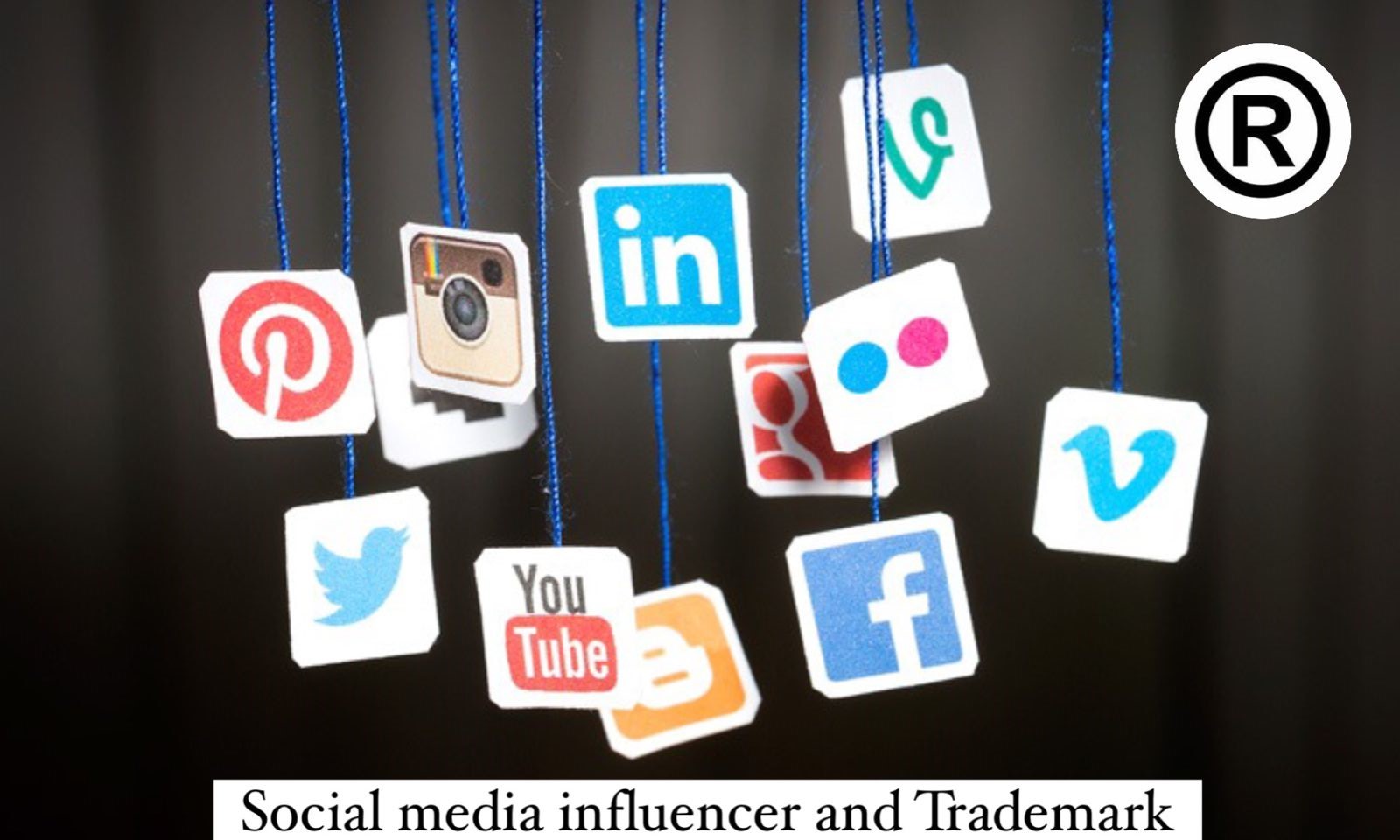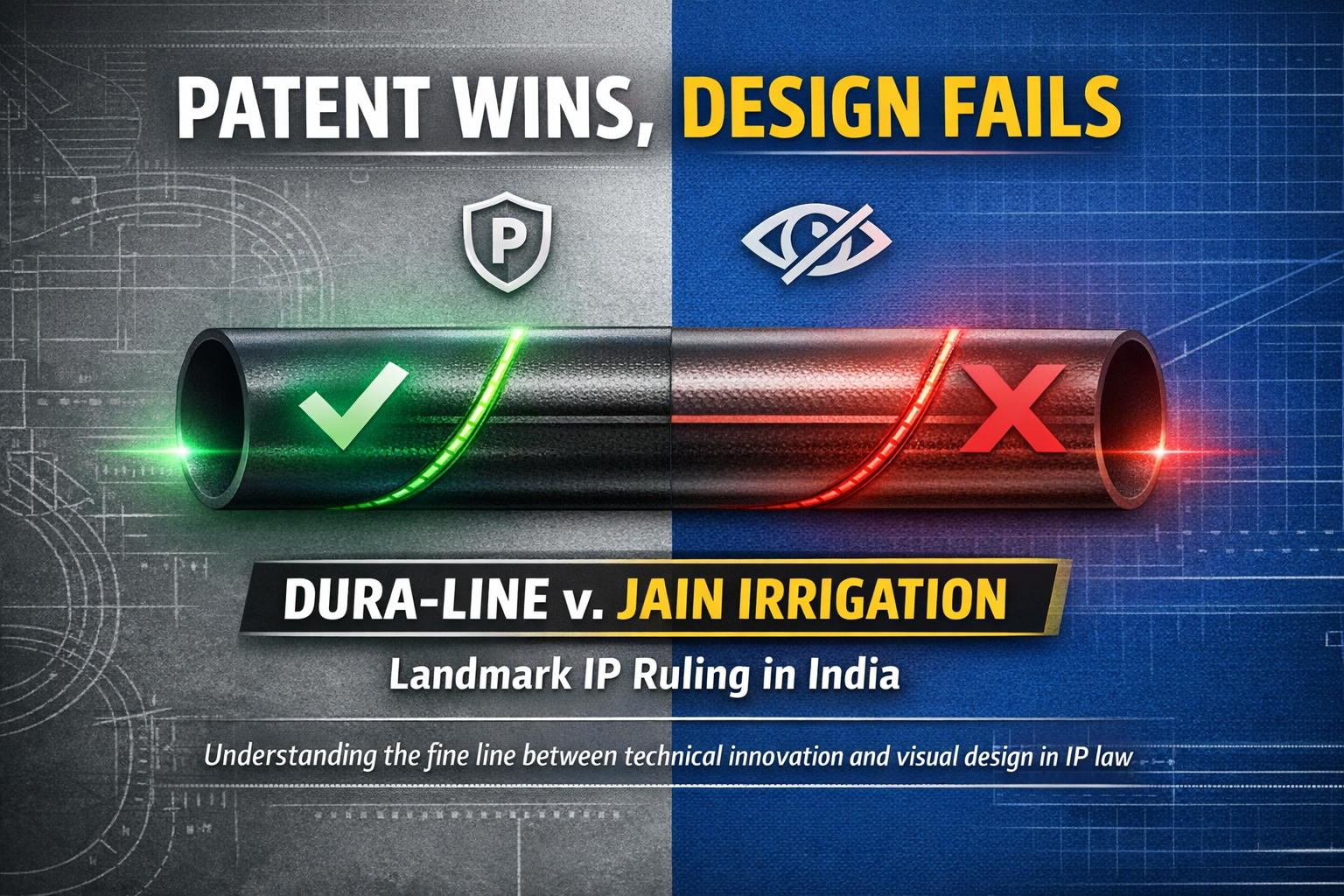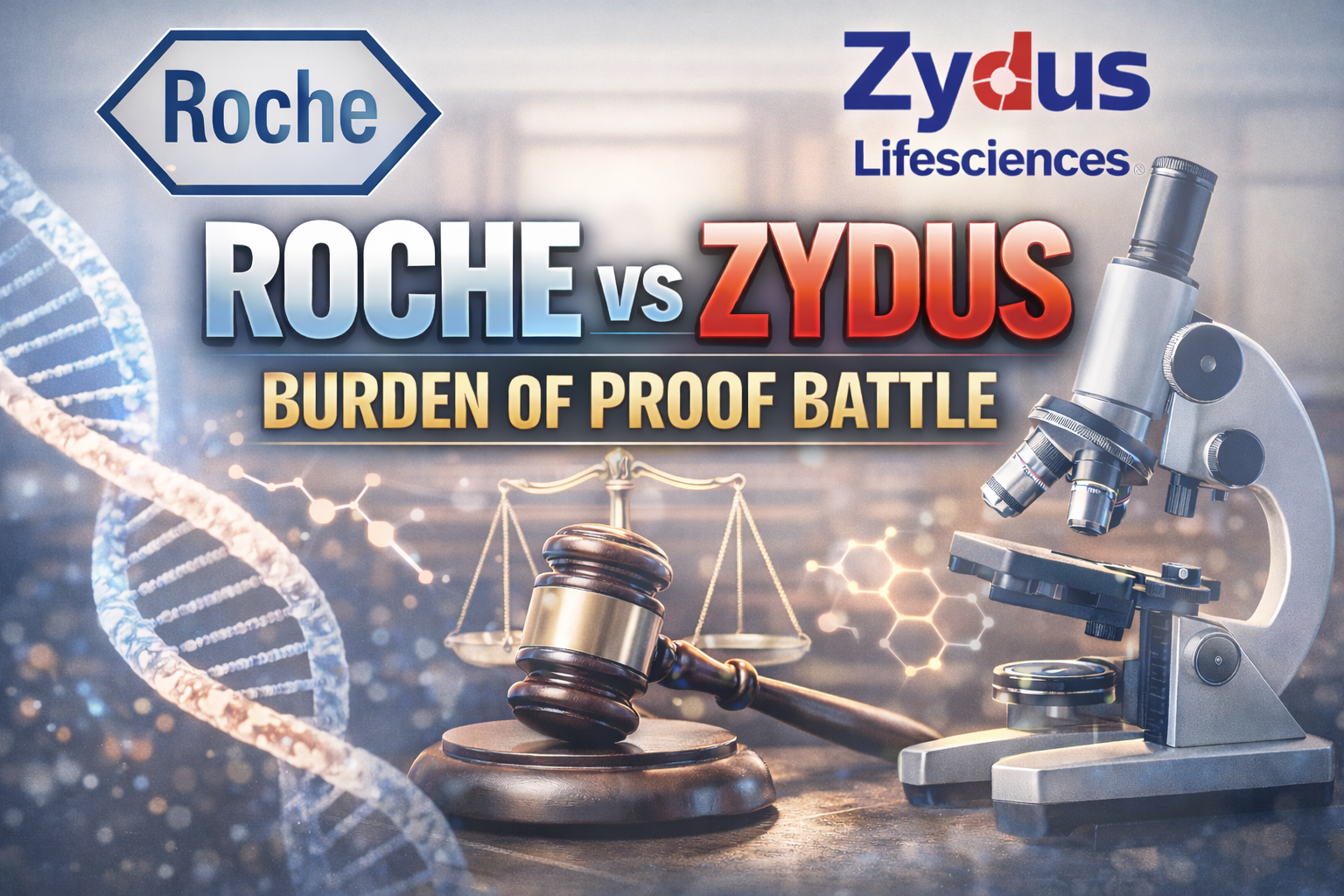
Social media influencing is one of the most impactful and effective ways to generate ad revenue, product endorsement opportunities and other revenue streams. Influencers or creators in Social media are the people who are popular, powerful to influence others within their social sphere by using the social media platforms like Instagram, Facebook, YouTube, Twitter, TikTok, Snapchat, Pinterest amongst many others. Therefore, the companies are willing to pay huge sums to influencers to promote their products. However, as social media platforms become more interactive and freely accessible to consumers and that become prone to certain legal risks related to intellectual property rights (IPR).
An influencer’s “brand” is often on their name or the identity when they use by posting online. So, this name or identity is protected by registering as a trademark which prevents unauthorized third parties from using their name for their own benefit. A trademark application must be filed in relation to particular products or services, which can be a problem if the influencer does not have their own range of products or services. However, there are particular services that cover the activities of influencers like promotion of third-party products and services, endorsement services. The trademark application requires services “for others” which is mentioned below.
There is no specific provision in the Trademark Act, 1999 that allows or does not allow the registration of names, so it is safe to assume that the registration of a personal name is allowed. Some prime examples are mentioned below in the list of people who have taken steps to register their name.
| SR | Registered Trademark | Class | Goods & Services |
| 1. | Shah Rukh Khan
Alia Bhatt |
35 | Advertising and marketing of goods and services.
Sale And Marketing of goods and services. |
| 2. | Sunny Leone | 41 | Entertainment Services |
| 3. | Manish Malhotra | 42 | Fashion Designing |
| 4. | Devgans | 45 | Legal services, personal and social services rendered by others to meet the needs of individuals |
Personal names fall into a category of trademark known as “descriptive” marks, person generally cannot register their name as a trademark unless they show that it has a “secondary meaning”, which is generally acquired from advertising or prolonged use. Secondary meaning is required to protect a name as a trademark. Personal name can be protected if the name has acquired a distinctive character or had an impact on the trading in the public. If the public look for a brand as a personal name, then proof of secondary meaning is required.
While establishing a secondary meaning a personal name can become a strong mark, so that the public will recognize that the name identifies certain goods and services from a single source. For example, the Ralph Lauren, Ford, and McDonald’s marks are personal names that serve as strong and effective trademarks. While deciding whether to use personal name as a trademark, these five factors the person should take into consideration.
- The rarity of the name.
- If the name is the name of the applicant.
- If there is a significant meaning other than the surname.
- If the mark looks and sounds like a surname.
- If the mark is presented in a stylized formatAs per Section 14 of the Trademark Act, 1999, if an application for trademark registration is filed that suggests a relationship with any living person or with any person who died 20 years prior to the filing date of such application, then the Registered Trademark Registrar may require the applicant to provide the consent of said living person, or the consent of the deceased’s legal heirs, and in the absence of such consent, the Registrar may deny registration.
Ownership of Publicity Rights
A right of publicity is a monetary value owned by a celebrity or an individual with notoriety and reputation. Therefore, one individual may allow another to use their name or other indications of personality for commercial gain through a license or permitted user agreement. The individual may have the right to restrict the manner and use of their name or other personality indicators by adopting specific provisions regarding the agreement that makes such transfer.
As there is no legal provision or precedent in India, the duration of a celebrity’s right to publicity is mentioned. The right to publicity is considered to last at least for the lifetime of said celebrity and sometimes even after the celebrity’s death, depending on the associated commercial value even after death. Due to lack of clarity, the term of the right may be discretionary for the court.
The right to publicity as an independent right was first time recognized by the Delhi High Court in ICC Development (International) Ltd. v. Arvee Enterprises where the court held that the right to publicity does not extend to events and is confined to persons. It prohibits unchecked use of celebrity names, or person whose death took place within 20 years prior to date of application for registration of trademark. Such as, Sri Sai Baba, Lord Buddha, Sri Ramakrishna, the Sikh gurus cannot be registered.
In summary, while registering trademark application it is necessary for influencer to have their own range of product and/ or services. However, the Trademark Act, 1999 affords protection for a celebrity’s name even if the celebrity is selling only himself or herself and not goods or merchandise. Although mark should be distinctive and not cause a likelihood of confusion with a similar name already in use. Withal, it is possible to use your name as a trademark under appropriate manner.
This article has been authored by Kinali Acharya




Leave a Reply